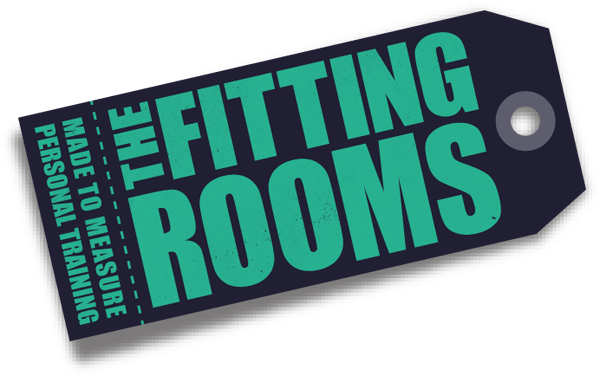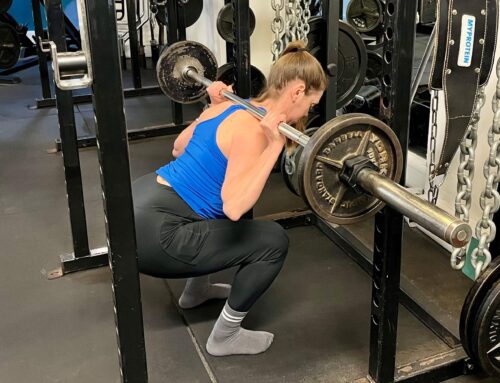Why and how to embrace the low-caffeine life (with coffee alternatives!)
Most of us love the comfort and ritual of that first morning coffee. It’s warm, familiar, and feels like the official “start” to the day. But if your daily brew is leaving you jittery, anxious, wired-but-exhausted, or wide awake in the middle of the night, it might be time to embrace a low caffeine life.
Switching to a low-caffeine or caffeine-free lifestyle doesn’t mean giving up flavour, productivity, or your beloved morning-drink ritual. It’s about tuning into your body, supporting your nervous system, and creating a more balanced and sustainable energy flow, that doesn’t come with a crash later in the day!
Why Go Low-Caffeine or Caffeine-Free?
1. Sharpen focus
Too much caffeine can increase cortisol, dampen your focus, and leave your brain bouncing from one thing to another without actually finishing much. Reducing your intake can help you feel more grounded and clear-headed throughout the day.
2. Better sleep (even if you think you’re sleeping fine)
Caffeine has a half-life of around 5–6 hours. That innocent afternoon cup is still in your system hours later, potentially interfering with your ability to wind down or enter deep, restorative sleep. Less caffeine means better rest and stronger recovery.
3. Say goodbye to coffee-induced digestive drama
For some people, coffee can wreak havoc on digestion (mad dash to the bathroom after your morning brew sound familiar?). Reducing caffeine often means fewer of those unpredictable moments.
4. Calmer heart, more balanced energy
Caffeine stimulates the nervous system and can raise your resting heart rate. If you often feel anxious or experience that frustrating “wired but tired” state, a gentler approach to energy could make a big difference.
5. Less dependency
When you need caffeine just to feel normal, it’s a sign your baseline energy is out of sync. Cutting back allows your body to recalibrate so you’re not constantly chasing that next fix.
Caffeine alternatives
Going low-caffeine doesn’t mean you’re stuck with boring beverages. There are plenty of tasty and satisfying caffeine-free alternatives that offer energy, comfort, and even health benefits, all without the nervous system overload.
Chicory Root Coffee (0mg caffeine)
This is a close coffee alternative in terms of flavour, thanks to its deep, roasted profile. Bonus: it contains prebiotic fibre that supports gut health. Try blending it with a small amount of decaf coffee to help ease the transition.
Matcha (40-90g caffeine)
Matcha still contains caffeine, but it also has L-theanine, an amino acid that promotes calm and focus, as well as containing antioxidants which can help with inflammation. The result is a smooth, sustained energy without the crash.
Decaf Coffee (Up to 5mg caffeine)
Decaf can be a useful middle ground. It feels like “real” coffee but with much lower caffeine content. Just be mindful of the brand, some decafs contain a few milligrams per cup, which can add up.
Mushroom Blends (0–10mg caffeine)
These are trending for good reason. Mushroom-based drinks (usually with lion’s mane, chaga, cordyceps, etc.) support brain function, stress resilience, and energy, without the overstimulation. Think of them as a nervous system-friendly upgrade to your routine.
Tips for a Smooth Transition to low-caffeine
1. Don’t go cold turkey
If you’re a daily coffee drinker, suddenly quitting caffeine can lead to headaches, fatigue, and irritability. Taper gradually over 1–2 weeks to ease your body into a lower-caffeine state.
2. Keep the ritual
Much of what we love about coffee is the habit, the warm cup, the quiet moment, the signal to start the day. Keep the structure of the ritual, even if you swap what’s inside the mug.
3. Hydrate First
A lot of fatigue is actually dehydration in disguise. Before reaching for any drink, caffeinated or not, start your morning with a big glass of water. It cna make a huge difference to your energy levels and focus.
4. Listen to your body
Pay attention to how your energy, sleep, mood, and digestion change as you move to a low-caffeine life. The benefits can sneak up on you, and you may find you don’t miss the coffee high as much as you expected.
Final Thoughts on the low-caffeine life
Going low-caffeine isn’t about rules or restrictions. It’s about creating more calm, consistency, and clarity in your day. Whether you switch entirely or just cut back, even small changes can make a big difference to your nervous system and overall wellbeing!








Leave A Comment